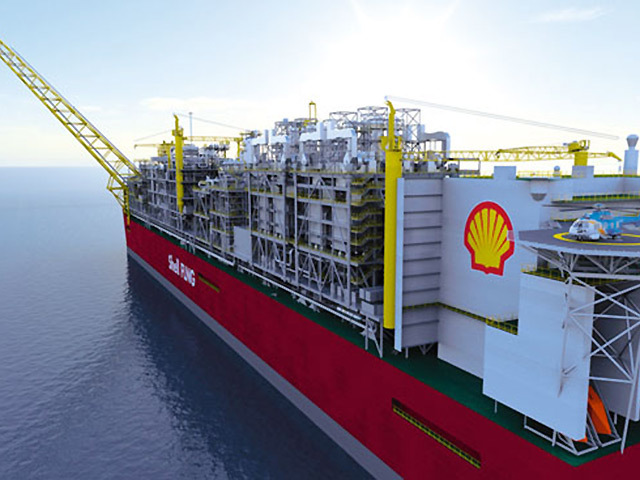
Royal Dutch Shell has unveiled steeper cost-cutting measures for the business after the recent deal to acquire BG saw debt levels rise to 26% of the global oil giant’s total capital.
CEO Ben Van Beurden has been keen to stress that his first priority going forward is to cut the debt with plans of a $4bn reduction in spending for 2017, before another $4.5bn the following year being one of the main avenues through which he hopes to achieve this.
This action will result in the ceasing of operations in up to 10 countries and could mean as many as 12,500 job cuts this year.
A significant overlap between Royal Dutch Shell’s prior business activities and those at BG have allowed the reduction in investment and workforce, due to synergies being recognised in areas including Australia, Brazil and the North Sea.
The recent rise in crude prices that began earlier this year has some in the oil industry believing that there may be some light at the end of the tunnel.
While the optimistic are hoping this represents some green shoots of recovery, the pessimists remain fearful that it may be a false dawn after an extremely challenging couple of years.
In view of this, several investors and analysts have ramped up the pressure on Mr. Van Beurden and questioned the wisdom of proceeding with the BG deal that raises debt levels significantly at a time when many rivals have acted prudently and looked to limit outgoings until they can state with a greater degree of certainty that the worst is behind them.
Despite a strong bounce off the lows in the share price since hitting its lowest level since 2008 in January of this year, cynics have opined that this has been driven by and large by the resurgence in the price of oil as opposed to a widespread vote of approval on the BG acquisition.
Whilst the downside risks for Royal Dutch Shell in this merger are substantial – a fact reflected in the share price underperforming its peers since the BG deal was announced in April 2015 – there are also clear benefits to this aggressive strategic move if it turns out as Mr Van Beurden envisages.
The acquisition puts Shell second only to Exxon Mobil in terms of the biggest international oil companies and the economies of scale that can be drawn from a greater volume of operations could provide a major boon long-term.
In particular if the price of crude fails to return to previous highs above $100 a barrel in the foreseeable future, the industry could undergo a prolonged period of consolidation during which M&A activity will be rife.
By acting early, Royal Dutch Shell have got ahead of the pack but the worry is whether they’ve moved too soon and more favourable opportunities will present themselves in the coming months and years – that may have to be passed on due to a lack of financing.
David Cheetham is an analyst at XTB.com
